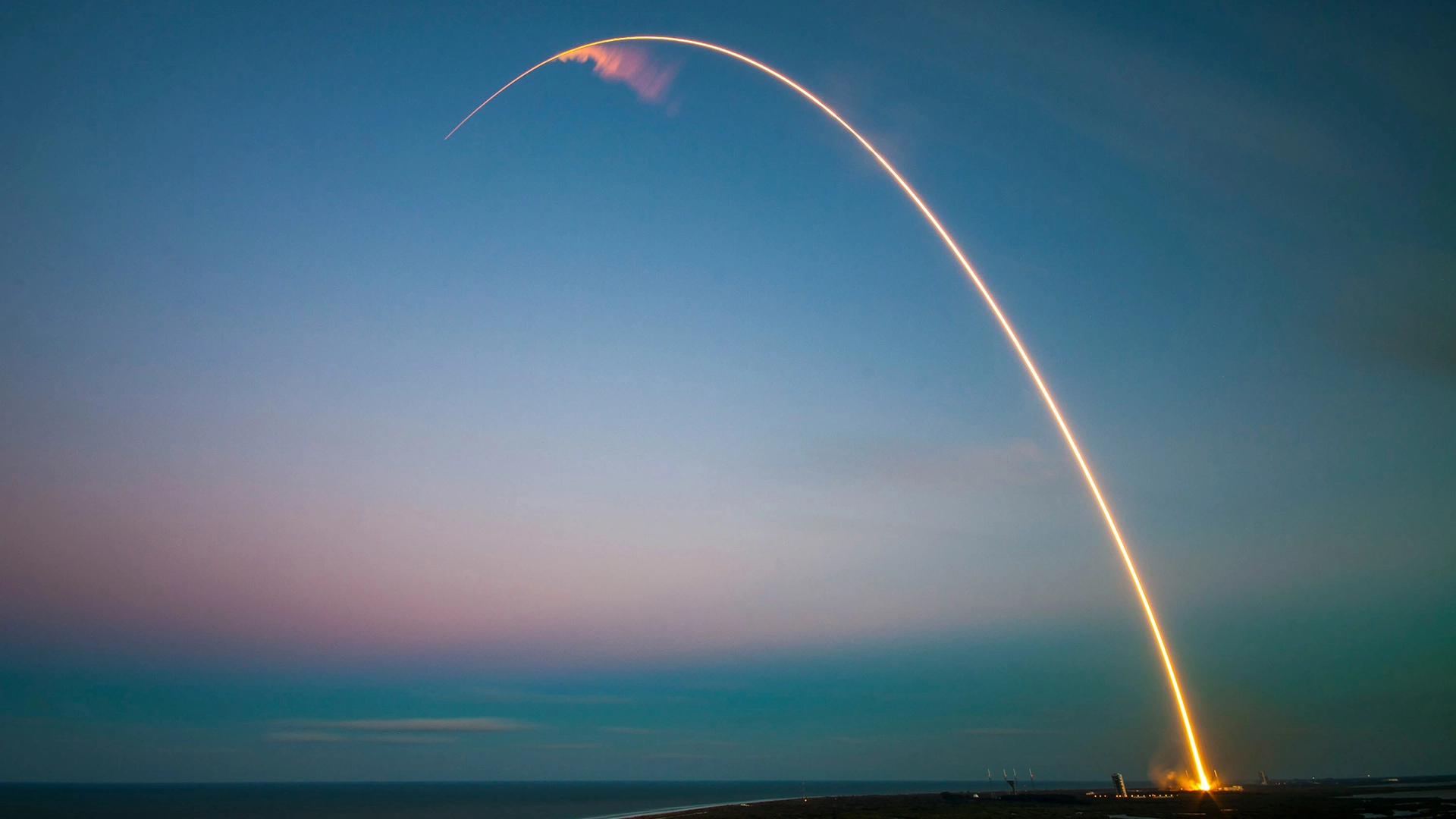
Photo by SpaceX on Unsplash
SpaceX’s Starship Explodes, Failing Test Flight for the Third Time in a Row
Elon Musk’s company SpaceX launched its uncrewed Starship rocket on Tuesday during a test flight. A few minutes after liftoff, the spacecraft spun out of control and exploded before making its way back to Earth. This marks the third consecutive explosion for the Starship program.
In a rush? Here are the quick facts:
- SpaceX’s uncrewed Starship rocket exploded during a test flight this Tuesday.
- This is the third failed test flight of the Starship program this year.
- The debris fell into the Atlantic Ocean, and there were no injuries or damage to public property.
According to CNBC, SpaceX shared a livestream on its website and on social media showing the spacecraft’s first and second stages exploding, the latter one after a fuel leak caused it to lose control.
“Starship made it to the scheduled ship engine cutoff, so big improvement over last flight! Also, no significant loss of heat shield tiles during ascent,” wrote Musk on his social media platform X. “Leaks caused loss of main tank pressure during the coast and re-entry phase. Lot of good data to review.”
This latest mission is part of SpaceX’s mission to offer travel to Mars and eventually colonize the planet within the next few years. The company had achieved multiple successful launches as part of this project, including a milestone fifth attempt in which it caught the Super Heavy Booster back on the launch tower. However, the last few flights didn’t work as expected.
In January, SpaceX conducted its 7th launch, but the rocket broke apart 8 minutes after being launched. In March, Starship’s eighth flight test also ended in an explosion a few minutes after its ascent. This week’s ninth attempt followed the trend.
The Federal Aviation Administration reported that there were “no reports of public injury or damage to public property at this time,” and, according to the New York Times, the debris fell over the Atlantic Ocean.
Despite the setback, Musk remains committed to the project. “Launch cadence for next 3 flights will be faster, at approximately 1 every 3 to 4 weeks,” he added on his X post.
“With a test like this, success comes from what we learn, and today’s test will help us improve Starship’s reliability as SpaceX seeks to make life multiplanetary,” the company wrote in a post on X.


 Previous Story
Previous Story

 Latest articles
Latest articles 